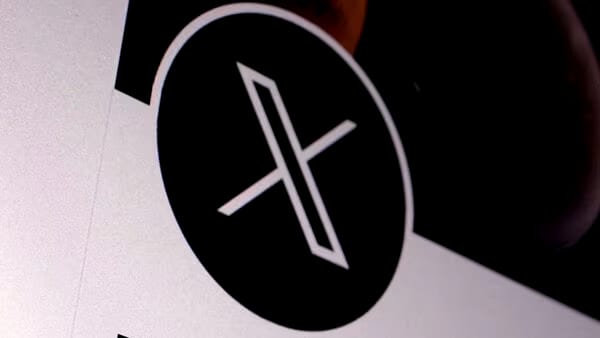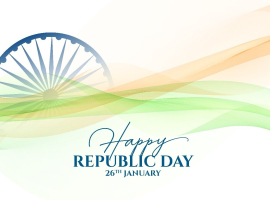Jack Dorsey made a statement alleging that India had issued threats to close down Twitter unless the company complied with government demands.
According to Dorsey, the threats took various forms, such as the explicit warning, “We will shut Twitter down in India,” a significant market for the platform. Additionally, there were ominous actions like raids on the homes of Twitter employees, all within the framework of a democratic nation like India, as emphasized by Dorsey.
However, amidst these revelations, X’s recent disclosure regarding government requests to censor specific posts and accounts coincides with the resurgence of farmer protests in certain regions of the country. As of now, the government has yet to respond to X’s disclosures.
X complies with Indian government orders by withholding certain accounts and posts, citing the threat of penalties. Despite acknowledging the need for compliance, X advocates for freedom of expression and emphasizes the importance of transparency, including making government orders public. Elon Musk’s leadership highlights a rare disagreement between X and the Indian government, contrasting his earlier collaborative approach. Previous clashes over content censorship, including during farmer protests, resulted in police raids on Twitter India’s offices. Jack Dorsey’s statement alleges threats to shut down Twitter in India. X’s recent disclosure coincides with resurgence of farmer protests, awaiting government response.





